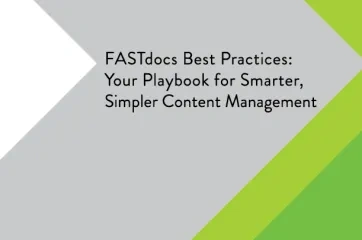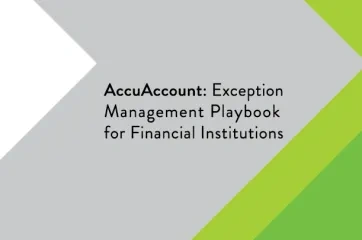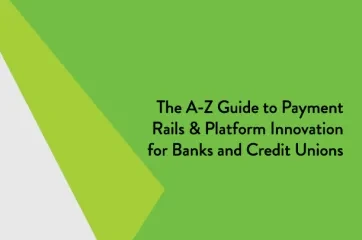Due Diligence
Bank or credit union due diligence refers to the steps that a financial institution takes to investigate, address, and/or minimize risk. Due diligence is performed in a wide variety of banking processes, such as underwriting, BSA, acquisitions, hiring, and vendor management.
Portfolio Due Diligence
One of the most common use cases for due diligence involves underwriting decisions. Careful analysis of loan applications and data, especially in the case of commercial loans, allows an institution to better understand to whom it would be lending money and if approval is wise. The need for timely and accurate documentation is also paramount throughout the life of the loan.
Bank Secrecy Act Due Diligence
To remain compliant, banks and credit unions are required to understand and follow Bank Secrecy Act (BSA) regulations. Among other things, this can include instituting policies and procedures to detect and report money laundering, suspicious activity, and terrorist financing. Financial institutions run an upfront screening as well as periodic reviews for customers or members who appear on terrorist watch lists. Banks and credit unions also submit currency transaction reports (CTRs) when account holders deposit or withdraw copious amounts.
Acquisitions Due Diligence
Banks and credit unions considering an acquisition of another financial institution or purchase of a loan portfolio perform considerable due diligence before acting. This may involve an on-site visit to review portfolio performance, inspection of files, and significant amounts of financial analysis.
Employee Due Diligence
Standard hiring practices at financial institutions protect the bank or credit union from making unwise staffing decisions while maintaining compliance with labor laws. Background checks, drug screenings, and employment history reviews are common examples.
Vendor Due Diligence
Financial institutions should research potential vendors to ensure they are working with credible and stable businesses. Performing adequate vendor due diligence—which may include a review of the vendor’s financials—helps the bank or credit union to surface answers to important questions, such as:
Is the vendor’s company a legitimate, well-managed business?
Will the vendor gain access or maintain a copy of the financial institution’s data?
If so, what security procedures does the vendor have in place to protect and secure the data?
If the vendor goes out of business, how would the bank or credit union continue to use the service/software?
Best Practices & Resources for Bankers
Looking for more banking best practices? Be sure to check out our extensive resource library with free spreadsheets, whitepapers, and eBooks. You can also visit our bank compliance resource center for quick links to regulatory websites and tools.
Browse our banking definitions page for more terminology.







